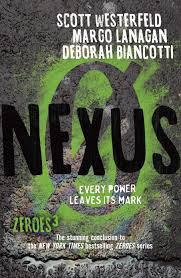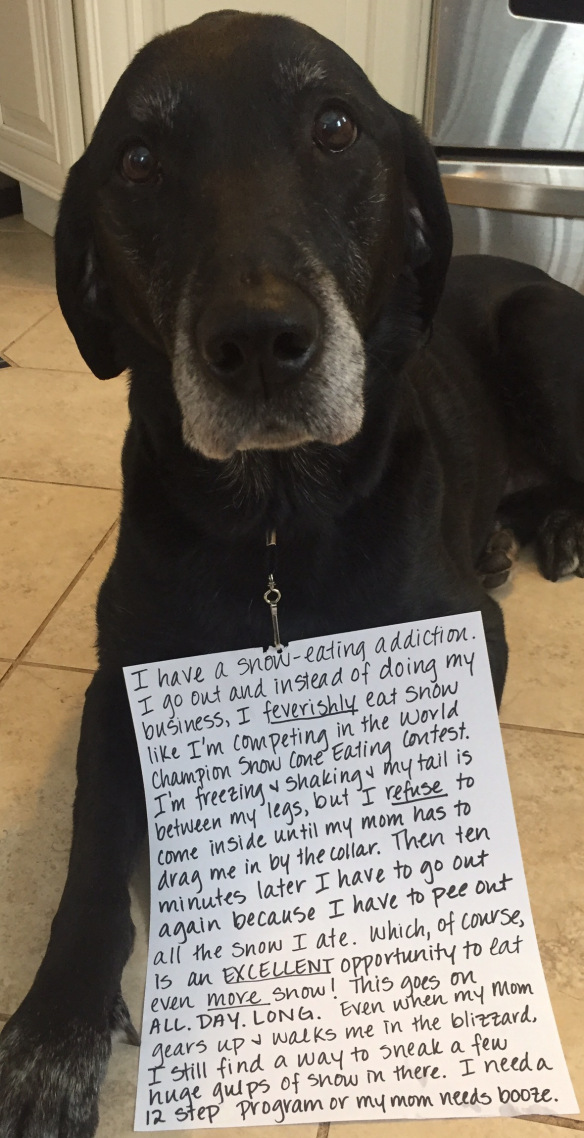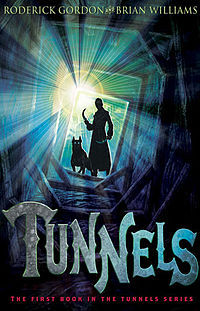What I watched: A 1948 episode of The Howdy Doody Show. This episode doesn’t seem to have a precise date attached to it, but the puppet/set and the reference to an upcoming election night would place it in late October or early November on NBC. The episode is available to watch on YouTube or the Internet Archive.
What happened: The ongoing story in this episode has to do with the titular puppet running for President. This seems like a natural enough plot for a kid’s show in an election year, but it actually has a much stranger origin. Earlier in the year, there had been a dispute between Bob Smith and Frank Paris, the creator of the original (reportedly hideous) Howdy Doody puppet, over merchandising rights. Paris angrily stole the puppet four hours before showtime, which was actually not the first time he had “kidnapped” Howdy. With the show live and somewhat improvised, Smith had to come up with an explanation for the missing Howdy, and said that he was on the campaign trail. Since Paris did not return with the puppet, this lead to a quite elaborate “campaign” ruse while a second puppet was created. Early TV was wild.
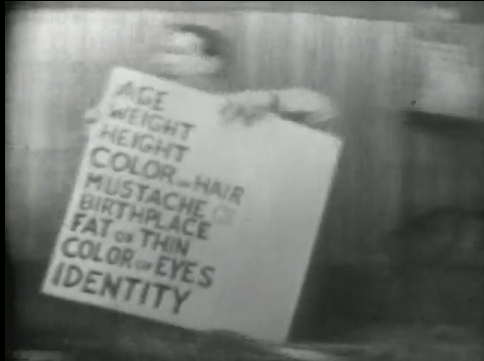 This new dating app sucks
This new dating app sucks
This episode was much later in the year, when the new Howdy was firmly established and election day was actually approaching. After hearing their parents talk about the choice between Dewey and Truman, kids were offered an election between Howdy Doody and the mysterious Mr. X. Mr. X is a booming, always-unseen voice over a loudspeaker. The first portion of the episode consists of Buffalo Bob urging kids to guess Mr. X’s identity, and with a little prodding they picture him as a repulsive figure — which is to say, old and fat [1]. This is a fun exercise, until Bob gently breaks it to the kids that they don’t really know what they’re talking about. Mr. X could be anyone — “Why, it could even be me.” I see what you did there, Mr. Smith.
This is followed by the film segment, otherwise known as public-domain filler. We join even this story in progress, as this is the second part of a silent comedy film. Buffalo Bob narrates, but sort of loses the plot in the middle and starts to ramble. It feels as if Smith hasn’t seen this film before and certainly hasn’t prepared. To make matters worse, the film features an unsuspecting baby’s room being flooded and the parents believing their child has drowned. Bob tries to sell this as the peak of merriment. This show probably traumatized some kids.
After the film, there’s some more back and forth bet
ween Howdy and Mr. X, and repeated demands for kids to send in their ballots. This segment also serves as a child’s first introduction to electoral fraud: “If there’s ten
votes in your family, send in ten!” The issue of Mr. X’s identity is raised again, and we’re promised that he will appear in the studio on election night. Unfortunately, the election day episode is either unrecorded or unavailable, so we’ll never know the solution to this mystery. Oh well. It was probably disappointing.
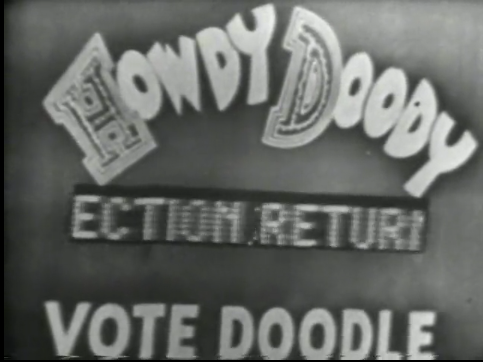 A kid’s first propaganda!
A kid’s first propaganda!
What I thought: It’s not exactly contemporary serialization, but Howdy Doody has more long-running storylines than I expected of a children’s show from the 40s. Perhaps running on every weekday meant they couldn’t afford to come up with a new plot every episode. In any case, this is a show that very much assumes you were there for the last episode and will be there for the next one — which, given the near-hypnotic control it exercised on children [2], was a fair assumption. The question of Mr. X’s identity may be the first instance of the drawn-out television mystery, with viewers attracted by a promised reveal. In a way, Howdy Doody is a lot like Lost. In one very specific way.
For a presidential candidate, Howdy Doody does not have a very forceful personality, and indeed is off screen for most of the episode. He seems just faintly bothered by the whole campaign. This is, I think, one of the problems with Howdy Doody thus far: none of the cast really has any comic foibles to exploit. Even the damn clown is a wordless helper. Howdy is kind of sheepish, I guess? There are moments that are kind of charming, like Bob’s interactions with terrified children (or when the camera cuts to him too early and catches him throwing his voice), but nothing funny or memorable. I guess benign pablum was the aim.
If there’s any educational purpose to the program, it’s to familiarize kids with the concept of elections. Representative democracy is hardly a natural behaviour, and so children’s lives are dotted with classroom mock elections and other devices to teach them the electoral process and urge them to vote. This episode fills a similar function in providing a light-hearted version of the liberal civic duty. But I wonder if its narrative doesn’t prefigure something more. After all, how many presidential candidates have portrayed themselves as a vaguely cowboyish idiot running against a characterless corporate entity? Are Reagan and Bush just children of Howdy Doody?
Coming up next: The real election, as seen on NBC news.
[1] Thumbs down to little Billy, who lamely guesses Mr. X’s height as six feet. Billy is the kid who asked for socks for Christmas.
[2] A New York Times article from June of 1948 recounts parents shocked by their children’s insistence on watching Howdy Doody, to the point of having meals in front of the television when the show was on. This habit would, of course, quickly become routine.
Advertisements Share this: